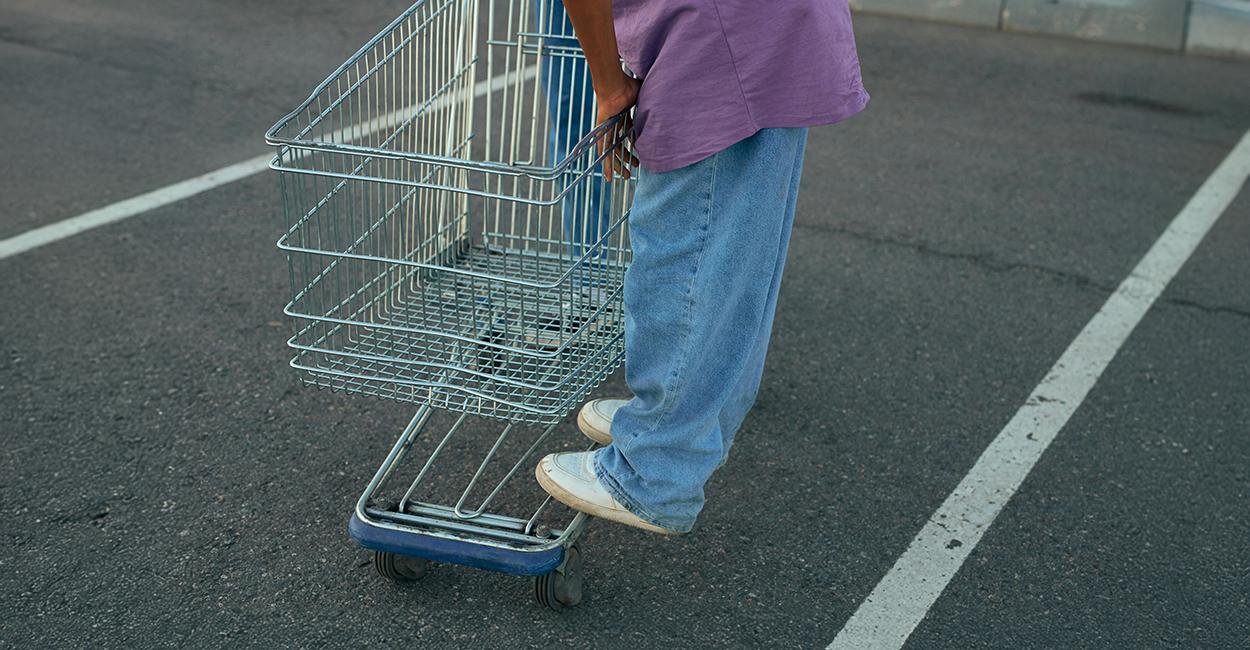The shopping cart dilemma: what it reveals about our society
By Greg SullivanAug. 28 2024, Published 1:34 p.m. ET
A seemingly small and mundane action—whether or not someone returns their shopping cart after shopping—has sparked an intense debate online. The conversation began when an anonymous user on the platform 4chan proposed a theory suggesting that this simple task is a powerful indicator of a person’s ability to self-govern.
The shopping cart as a moral litmus test
"The shopping cart is the ultimate litmus test for whether a person is capable of self-governing," the original post declared. The user explained that returning a shopping cart is an easy and universally understood act of decency. There’s no reward for doing it, and it isn’t illegal to leave the cart out. Still, the post argued, it’s always the right thing to do—unless in the case of an emergency. "The shopping cart presents itself as the apex example of whether the person will do the right thing or not without being forced to do it," the author continued, claiming that those who don’t return their carts need the threat of law to motivate them to do the right thing. In this theory, the shopping cart becomes a symbol of what determines if someone is a "good or bad member of society."
The Reddit debate: creating jobs or being lazy?
The theory quickly gained traction online, with many agreeing that returning a cart is a sign of good citizenship. However, others challenged this view, pointing out that people's actions can also be influenced by what others think of them. According to Bolde, nobody wants to be perceived as lazy, which is why many people return their carts. This leads to the question: Are people acting out of genuine care or simply to avoid negative judgment?
The discussion moved to Reddit, where a user by the name u/gold_toilet6668 reposted the theory. The post ignited a wide range of opinions. u/pablo_eskybar responded with skepticism, writing, "I call b******t on this. If we all returned the shopping trolleys, then trolly pushers would be out of a job. Create work and don't return your trolly." Echoing this sentiment, u/soilspawn added, "Each time I leave a shopping cart unreturned, a wagie has to do it. Therefore, I am creating work that is essential to the economy. Now stop crying and get back to work."
"I hate people who don't put carts back or at least in the corrals. F*** those people."
Others, however, were quick to counter these views. u/Distracted_bunny argued, "No, they absolutely wouldn't. They have cart corrals in random spots in the parking lot where customers need to put the carts. The cart pushers then take them from the corral and put them back at the front of the store where they are actually kept. Not putting carts in the corral is hazardous, especially when it's windy out and slams into someone's cart and puts a dent in it." Another user, u/Zee3420, expressed frustration over the issue, stating, "It also determines whether I hate you when I have to grab it right before it starts storming. I hate people who don't put carts back or at least in the corrals. F*** those people."
The bigger picture: when returning a cart isn’t so simple
The debate didn’t just stay on Reddit. The Kitchn published an article exploring the limitations of this theory, particularly when considering the elderly and disabled. For some, returning a cart can be a genuinely difficult task, especially after a tiring shopping trip. Krystal D'Costa, an anthropologist, critiqued the theory, stating, "That guy who didn't return his cart may not be a complete jerk. He may just be using the example set by others so he can get home a little more quickly. But if everyone does that, then we're shifting the balance of what is acceptable, which may have greater ramifications to the social order."
While the debate may never reach a definitive conclusion, the discussion around shopping carts certainly highlights a broader conversation about personal responsibility, social expectations, and how small actions can reflect our values. Whether you return your cart or not, this discourse reminds us of the complex factors that shape our behavior in public spaces.
This article was written with assistance from artificial intelligence. Megaphone creates content primarily driven by people but aims for full transparency in how our storytelling is produced. To learn more about our policy on artificial intelligence, click here.


